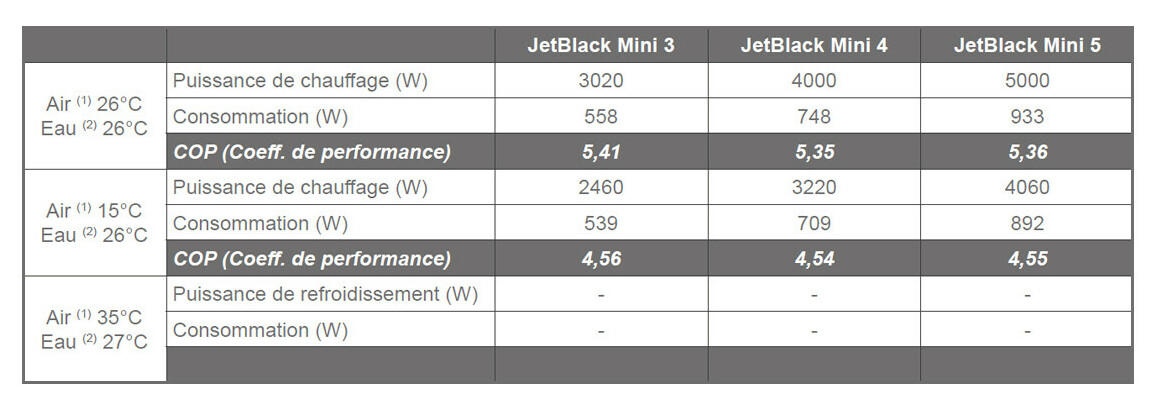
POOLEX Pompe à Chaleur Piscine JetBlack Mini 5kw pour piscines ou Spa jusqu'à 35m3 : Amazon.fr: Jardin

POOLEX Pompe à Chaleur Piscine JetBlack Mini 5kw pour piscines ou Spa jusqu'à 35m3 : Amazon.fr: Jardin

Pompe à chaleur piscine poolex jetblack mini 5kw pour piscines ou spa jusqu'à 35m3 - Cdiscount Jardin

Pompe à chaleur piscine GARDEN PAC R32 Mini 3kW - GHD-150-0318 - Pompe à chaleur pour piscine - Achat moins cher

Pompe à chaleur piscine poolex jetblack mini 5kw pour piscines ou spa jusqu'à 35m3 - Cdiscount Jardin

MINI POMPE À Chaleur Mag 4 R Chauffe-Piscine Chauffage Piscines Poolerwärmung EUR 372,10 - PicClick FR

POOLEX Pompe à Chaleur Piscine JetBlack Mini 5kw pour piscines ou Spa jusqu'à 35m3 : Amazon.fr: Jardin
















